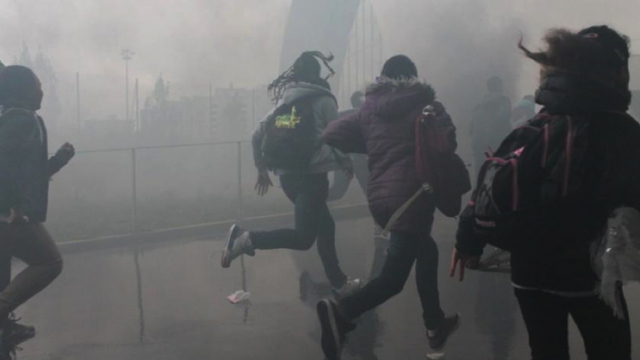article
Global Uprisings is an independent news site and video series dedicated to showing responses to the economic crisis and authoritarianism. Since 2011, Brandon Jourdan and Marianne Maeckelbergh have been travelling, researching, and making documentary films.
Their short films detail social movements in Bosnia and Herzegovina, Egypt, Greece, Portugal, Spain, Turkey, the UK, and the US. Their films cover strikes and demonstrations in the UK, the large-scale housing occupations and street mobilizations in Spain, the various general strikes, protests, and factory occupations in Greece, the revolution in Egypt, the Gezi Park uprising in Turkey, the 2014 social explosion in Bosnia and Herzegovina, the revolt against austerity in Portugal, and the occupy movement in the United States.
Read
